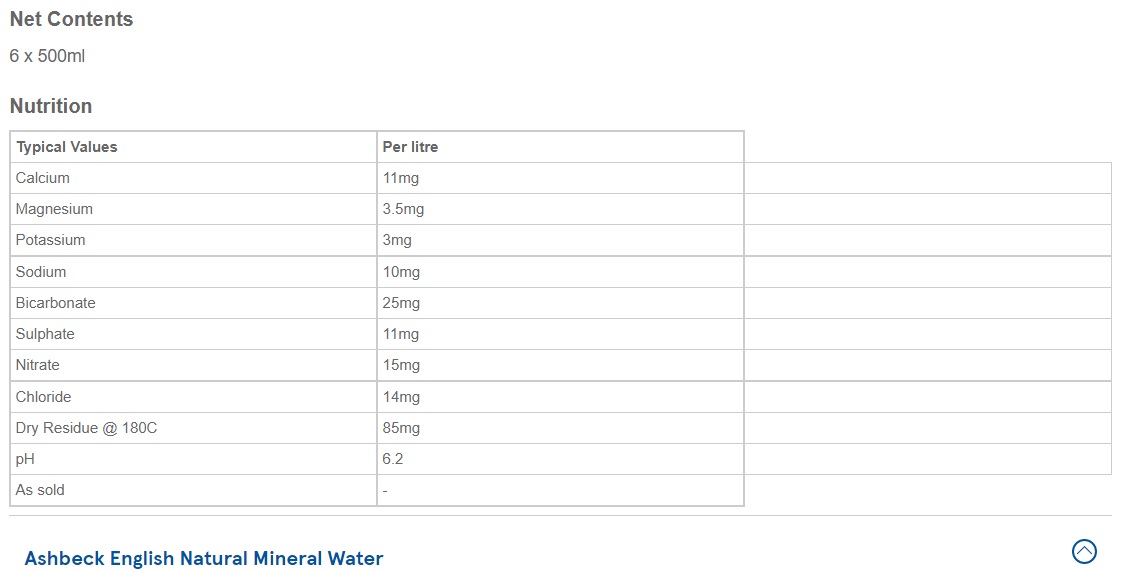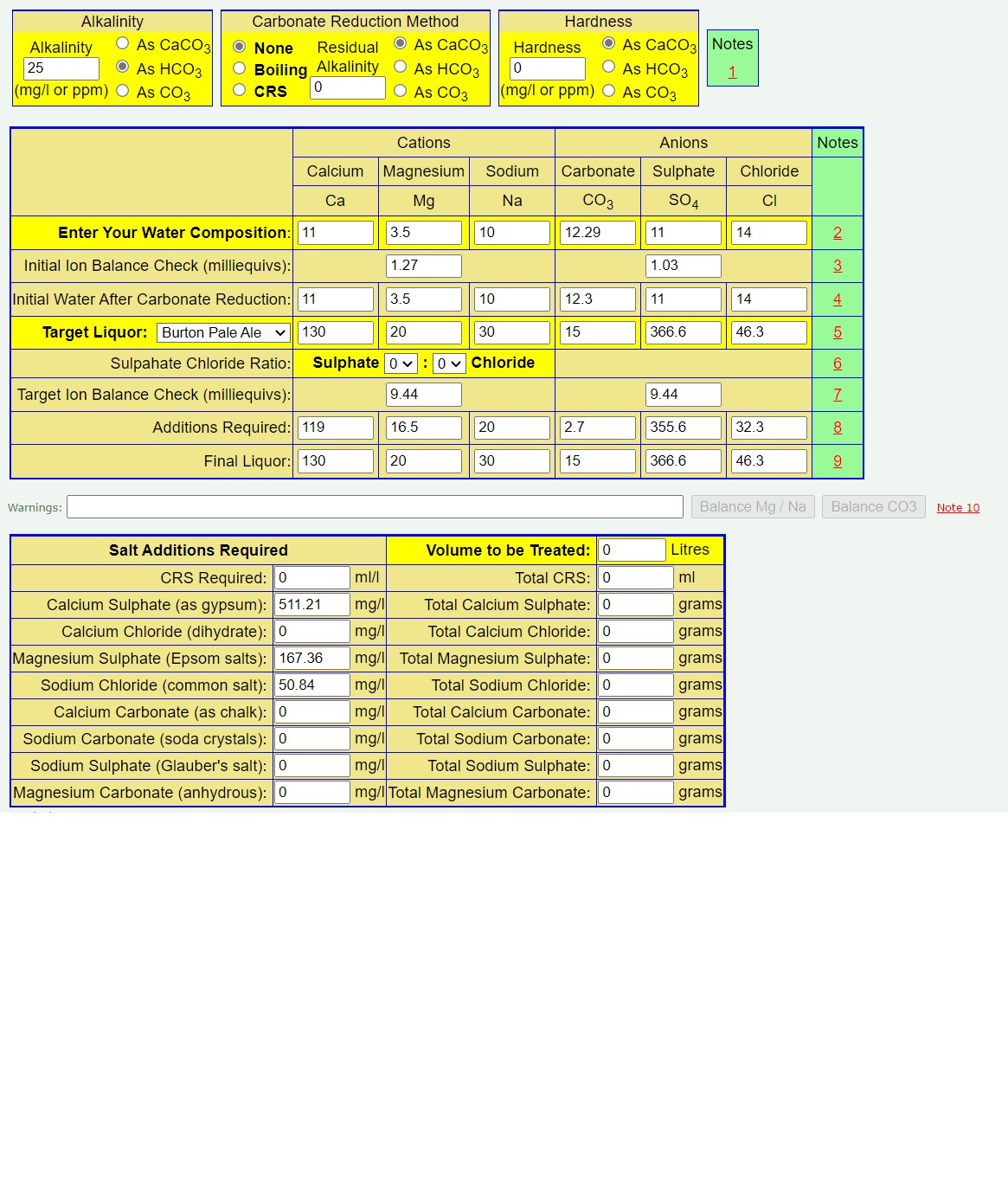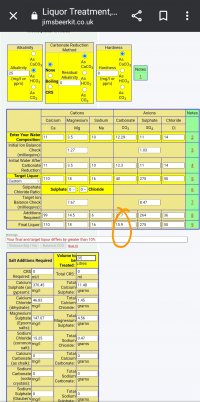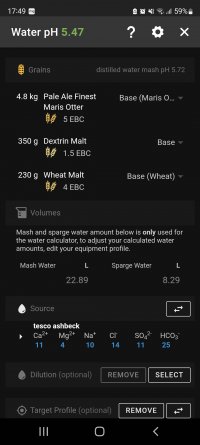I have done a few brews now, but the one thing i cant seem to get right is the mash PH. im aiming for between 5.2-5.4, but every time it is coming out between 4.5-5 when im testing about 15 mins into mashing.
Im using tesco bottled water (ashbeck 6.2PH) and using the water profile information given on the bottle for my brewfather water calculations. The app is suggesting i would need to add a few ml of lactic to bring the PH down, however the mash PH is already reading too low before even adding the acid. I tried adding some bicarbonate soda to increase the PH which didnt appear to have any effect what so ever, infact the PH readings seemed to keep getting slightly lower. I tried adding a couple of grams to my boiler (brewzilla35l) but then decided to just give up and leave it incase i threw it off completely as i dont really know what im doing
I was wondering if my cheap PH reader was no good, i checked the bottled water with it and it was reading pretty much bang on 6.2 which it says it should be. however i probably will look into getting a better one.
What is it that im not getting right? i have added Gyspum, Calcium chloride and Epsom salts in the amounts given by the brewfather calculator to achieve a ph of 5.52. Then adding 3ml of lactic should bring it down to 5.35. These numbers are not reflected in the mash though.
Im using tesco bottled water (ashbeck 6.2PH) and using the water profile information given on the bottle for my brewfather water calculations. The app is suggesting i would need to add a few ml of lactic to bring the PH down, however the mash PH is already reading too low before even adding the acid. I tried adding some bicarbonate soda to increase the PH which didnt appear to have any effect what so ever, infact the PH readings seemed to keep getting slightly lower. I tried adding a couple of grams to my boiler (brewzilla35l) but then decided to just give up and leave it incase i threw it off completely as i dont really know what im doing
I was wondering if my cheap PH reader was no good, i checked the bottled water with it and it was reading pretty much bang on 6.2 which it says it should be. however i probably will look into getting a better one.
What is it that im not getting right? i have added Gyspum, Calcium chloride and Epsom salts in the amounts given by the brewfather calculator to achieve a ph of 5.52. Then adding 3ml of lactic should bring it down to 5.35. These numbers are not reflected in the mash though.



























![Craft A Brew - Safale S-04 Dry Yeast - Fermentis - English Ale Dry Yeast - For English and American Ales and Hard Apple Ciders - Ingredients for Home Brewing - Beer Making Supplies - [1 Pack]](https://m.media-amazon.com/images/I/41fVGNh6JfL._SL500_.jpg)

































